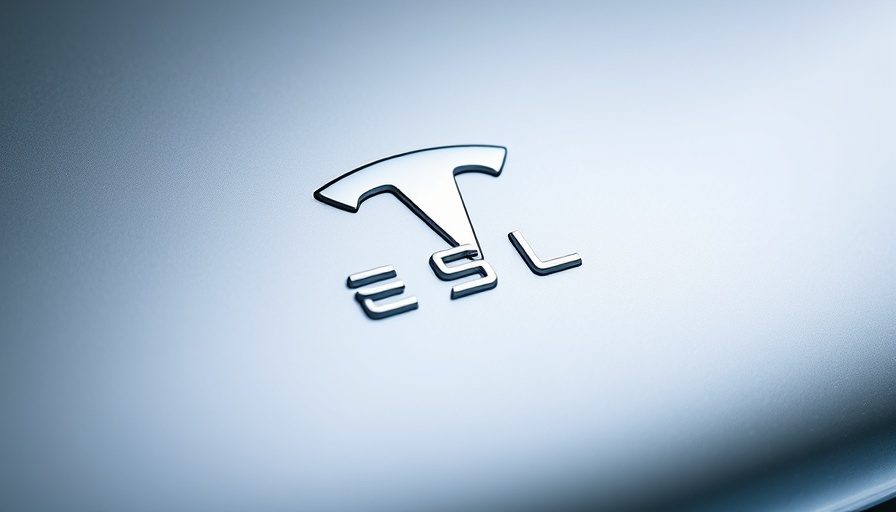
Tesla's Advantage Amid Auto Tariffs
As the automotive industry grapples with the implications of Donald Trump’s approach to new tariffs, Tesla has emerged as an intriguing player seemingly insulated from the fallout. Unlike many competitors that heavily depend on global supply chains, Tesla's production model is predominantly U.S.-based, allowing it to potentially escape the detrimental effects associated with high tariffs on imported vehicles and parts.
The Broader Impact on the Automotive Landscape
The 25% tariffs could reverberate across the automotive sector, imposing significant financial strain on traditional automakers while simultaneously escalating vehicle prices for consumers. Industry giants like Ford, General Motors, and Stellantis have already reported stock declines between 2.1% and 7%. In contrast, Tesla’s stock found itself in a rare upswing, with a modest increase noted amidst market turmoil, signaling a strong resilience driven by its manufacturing independence.
Stock Market Reactions and Future Prospects
Since reaching its peak in mid-December, Tesla's stock has faced a sharp decline of over 40%, indicative of the growing backlash against the company amid wider criticisms aimed at its leadership and policies. Nevertheless, analysts predict that Tesla’s Q1 delivery figures—estimated at approximately 398,000 vehicles—could bolster investor confidence in the company's long-term viability even under the shadow of these tariffs.
Political Connections: Beneficial or Problematic?
Elon Musk’s close ties with Trump could lead to potential tariff-related benefits; President Trump suggested that the tariffs might even favor Tesla, although he emphasized that Musk did not influence his decision. Regardless of the political dynamics at play, understanding how these tariffs affect Tesla’s operations and public perception globally remains critical as the company strides into an unpredictable future.
Conclusion: Navigating the Evolving Auto Industry Landscape
The interplay between tariffs and Tesla's production model illustrates broader trends in how businesses need to adapt to geopolitical changes while also balancing corporate ethics and public sentiment. With Tesla navigating through a tariff storm, small business owners and other stakeholders in the auto industry should be vigilant in tracking these developments.
 Add Row
Add Row  Add
Add 

 Add Row
Add Row  Add Element
Add Element 




Write A Comment